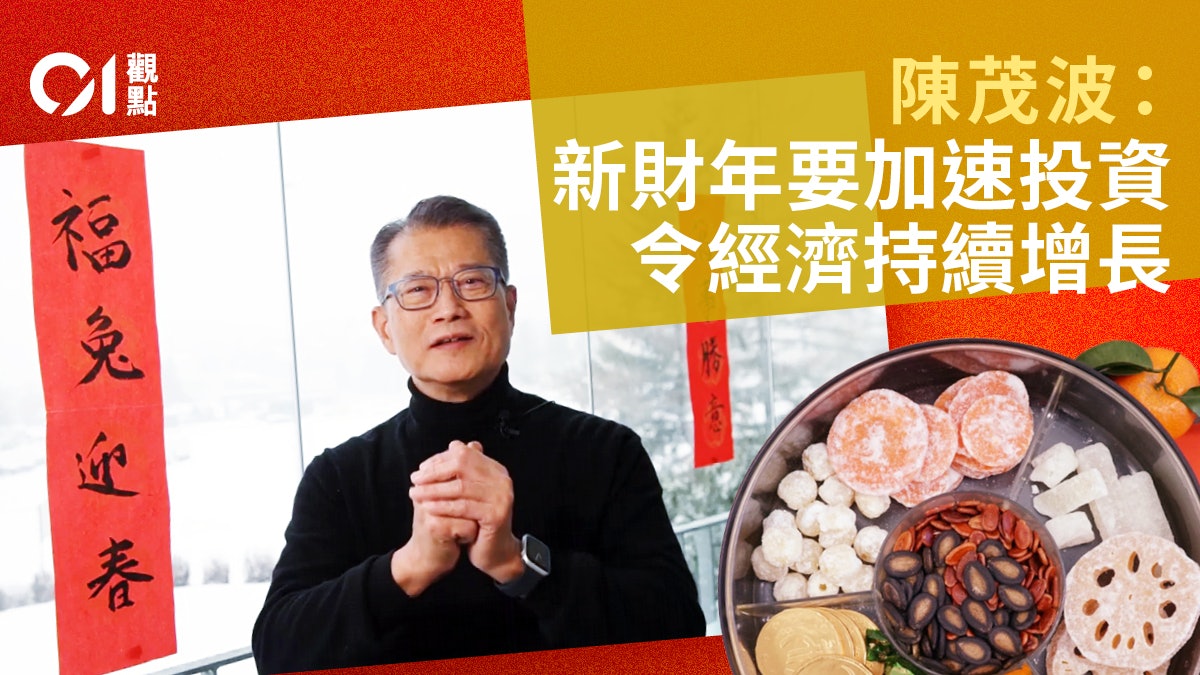The new budget will be released on February 22 next month. Financial Secretary Paul Chan Mo-po said in a radio program earlier that a deficit of over 100 billion yuan in this fiscal year is inevitable, but he will continue to listen to it. Opinions from all walks of life are expected to be able to do a good job of bailing out the grassroots and investing in the future at the same time.
In addition, he also pointed out that some political parties called for not distributing consumer vouchers in the coming year during closed-door consultations, so as not to cause greater pressure on the financial situation of the Hong Kong government.
In the past few fiscal years, the government has recorded a deficit of about 10.6 billion yuan and 232.5 billion yuan in 2019-2020 and 2020-2021 respectively, while it recorded a surplus of about 29.4 billion yuan in the last 2021-2022 year.
According to the estimates of the Hong Kong Institute of Certified Public Accountants, the deficit of the Hong Kong government this fiscal year may reach as high as 113.9 billion yuan, which is more than double the 56.3 billion yuan in last year's government budget. As a result, fiscal reserves may fall to the level of 843.2 billion yuan.
No need to worry about financial crisis
It is worth noting that even if this fiscal year does reach a deficit of 100 billion yuan, the total amount of reserves is still sufficient to support the SAR government to continue operating for a year with zero revenue, and the level is still the same as that of 2015 after the impact of "Occupy Central". -Similar to $842.9 billion in fiscal 2016.
Obviously, everyone would have firmly believed that Hong Kong's finances were quite stable back then, but talking about a financial crisis today when "return to normal" is imminent is probably a bit alarmist.
Chan Mao-po emphasized that when formulating the budget, we should not only focus on the medium and long-term development, but also understand and deal with the difficulties encountered by the public. This kind of thinking is correct.
However, the relevant measures need to pay attention to truly "landing" and benefiting the people. Don't become "employer protection" like "employment protection" in the early stage, and precise checks cannot be alienated into harsh thresholds.
At the same time, long-term infrastructure investment must also be fulfilled and implemented as soon as possible, so that the society can see concrete progress and hope.
Revenue and expenditure reforms must be proposed
Of course, abundant financial reserves do not mean that there is no room for improvement.
On the contrary, the drawbacks of the Hong Kong government's over-reliance on land sales income have been fully revealed in the past few years.
Even the Accountants Association, which opposes the current tax increase or the introduction of new taxes, agrees that it is time to look at other sources of income.
Although Chen Maobo has mentioned the issue of tax reform in his budgets in recent years, the actual results are still limited to minor repairs.
On the other hand, judging from the implementation of a number of relief and anti-epidemic policies and measures under the epidemic in recent years, the Hong Kong government is obviously willing to use reserves in the face of emergencies, but the huge expenditures highlight that officials have failed to properly monitor detailed expenditures , For example, "employment protection", consumer coupons, and anti-epidemic vehicles have all been accused of excessive administrative costs or suspected waste of resources.
From this point of view, rather than controlling spending at the macro level of deciding whether to carry out large-scale projects, officials should improve the micro-control of internal financial management.
Not much has changed in twelve years
Coincidentally, when the Chairman of the Heung Yee Kuk, Liu Yip Keung, asked Che Kung Temple for a lottery for Hong Kong's fortune for the coming year, he got the same result as 12 years ago.
At that time, Chen Maobo was still a member of the Legislative Council, and he proposed the "Review of Public Finance Policy" motion, which once urged the government to comprehensively review the tax system, avoid excessive reliance on land purchases, specify the level of fiscal reserves, and even "study the use of tax measures to match the The government's economic and industrial policies ... address poverty and eliminate social and economic inequality".
Times have changed, and it has been almost 12 years since Chen Maobo entered the government as an official in 2012. However, it seems that most of the content of the bills he proposed back then failed to achieve the "integration of knowledge and action".
So far, Hong Kong society has not seen the SAR government carry out large-scale tax reforms, or come up with standardized requirements for the level of fiscal reserves, let alone deal with industrial misfocus, poverty and injustice from the tax level.
I hope that the director can recall his original intention and fulfill his promise as soon as possible.
Housing from chaos to governance, economy from governance and prosperity, Chen Maobo's expected fiscal deficit is not as good as early structural reforms, and the confusion of consumption vouchers is convenient for the public.







